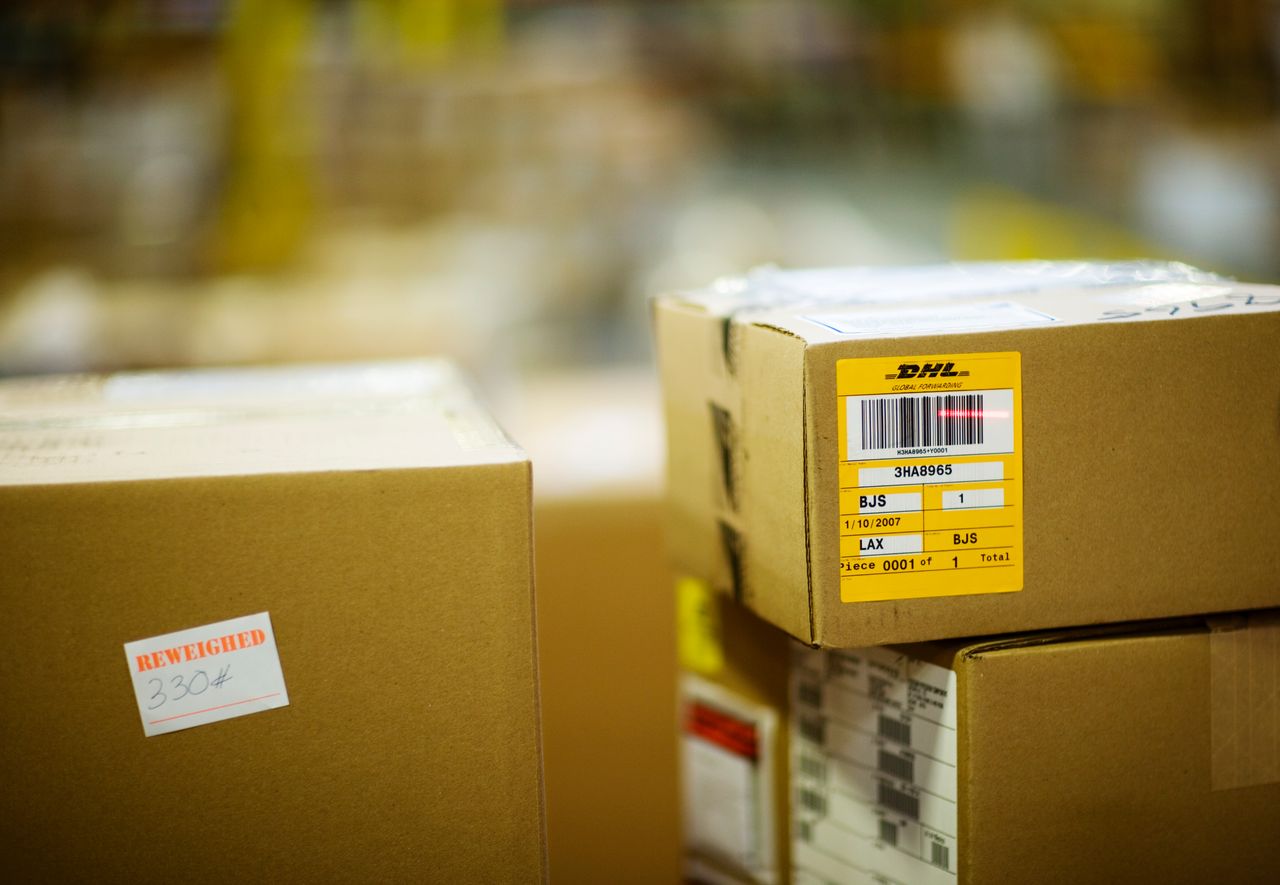The digitalisation wave has hit the e-commerce industry full force, with more businesses embracing the power of cloud computing and Application Programming Interfaces (APIs) to manage everything from inventory to product information to delivery.
Cloud computing allows e-commerce businesses to streamline their various databases into a cloud-based logistics platform. This gives them instant oversight of all of their business information, and also allows for seamless communication with carriers and delivery providers such as DHL Express. Whereas APIs are software that enable information exchange between individual businesses and bigger e-commerce platforms. For example Shopify, Amazon, and PayPal all have their own sets of APIs to help business owners better manage their orders and customer interfaces.
By embracing technological innovations and advancements in the field of global delivery, e-commerce businesses can improve their operational efficiency and enhance the online shopping experience for customers. As there are numerous e-commerce APIs to choose from, business owners can pick and choose the ones that suit their operations best. With the right APIs in place, businesses owners can experience better scalability, multi-platform reusability, and improved synchronisation across all aspects of their business process.
1. Recommendation engine API
Major e-commerce platforms such as Amazon already integrate recommendation engine APIs into their algorithm, meaning they will analyse shoppers’ purchase history or product interactions and recommend related products to them. This can apply to products within the same store or from similar stores, frequently showing up as ‘People Also Purchase’ or ‘You May Also Like’ recommendations.
Whether you’re a big or small e-commerce business, this API can help boost sales by increasing visibility to your target audience and keeping your products at the forefront of their mind. In some cases, the platform may even analyse and generate reports on your customers’ previous order decisions for you to refer to. This helps business owners better understand their target audience, and to tweak or modify their offerings if necessary.
2. Product information API
Once the customer arrives on your e-commerce store page, you’ll want to make sure they see only the latest product information. Global supply chain disruptions can affect in-stock availability in an instant - so keeping your customers up-to-date is key to maintaining the reliability and reputation of your e-commerce store.
A product information API draws from databases such as your inventory and modifies the product page accordingly. On some platforms such as Amazon and Shopify, this API is able to return real-time price information, add new products, manage and draft orders, and even update your back-end catalogue based on user transactions.
Global delivery providers such as DHL Express also use API to create a reliable and seamless delivery service - ensuring your customers can stay updated on the latest product availability information and be kept aware of any disruptions in your supply chain. As major events such as the COVID-19 pandemic have led to global supply chain issues and shipping delays, product information APIs can accurately update estimated shipping times to give your business more reliability amongst customers. DHL has even partnered with Shopify to improve integration between the platforms, making it easier for Shopify business owners to enjoy features such as order customisation and live shipping rates at checkout. This helps to optimise store prices for both you and your customer, enabling you to stand out from the crowd even in a saturated market.
3. Shipping API
After your customer has finished the check-out process, it is important to make sure that they receive their package in a timely and reliable manner. As a leader in global delivery and logistics, DHL Express is constantly innovating our offerings of APIs and cloud-based business solutions to help both businesses and their customers.
The DHL Express Commerce (DEC) platform integrates DHL Express services directly onto your website, allowing you to seamlessly manage product orders and auto-fill shipping addresses. DHL Express API is available for websites hosted on major e-commerce platforms including Shopify, Magento, and WooCommerce, and includes key features such as:
Account-specific quotations and rate breakdowns
Easy shipment preparation
Automatic data transfer and paperwork generation
Electronic proof of delivery
Consolidation, summary, and tracking of shipments
Take your business into the future with DHL Express
The e-commerce world is rapidly evolving, and digitalisation can help business owners to stay ahead of the curve. By streamlining your store processes – from warehousing to delivery – through the use of APIs, you can improve your customers’ online shopping journey and maintain your competitive edge. Sign up for a DHL Express account today and optimise your business strategy with DHL to boost e-commerce sales.

















































